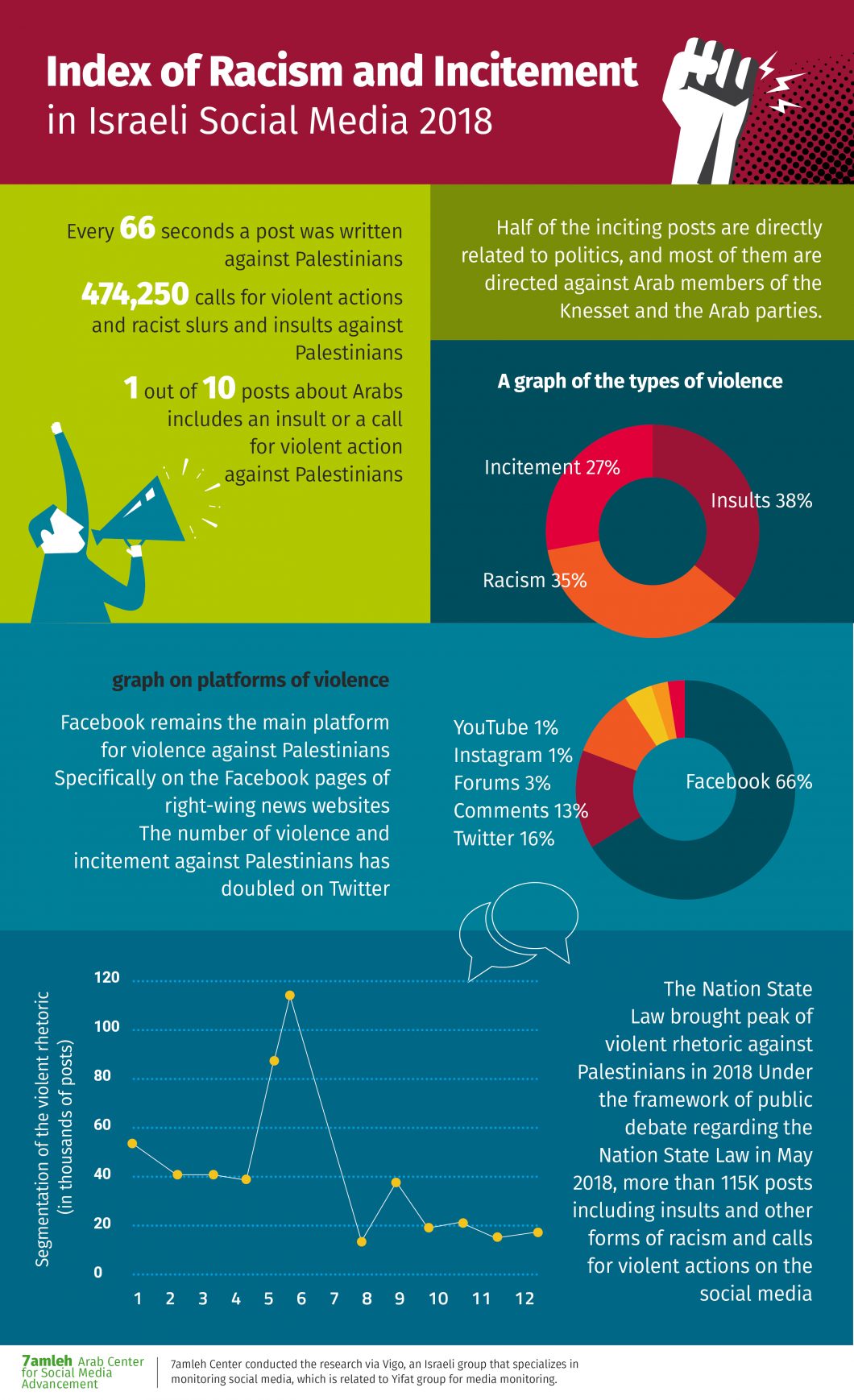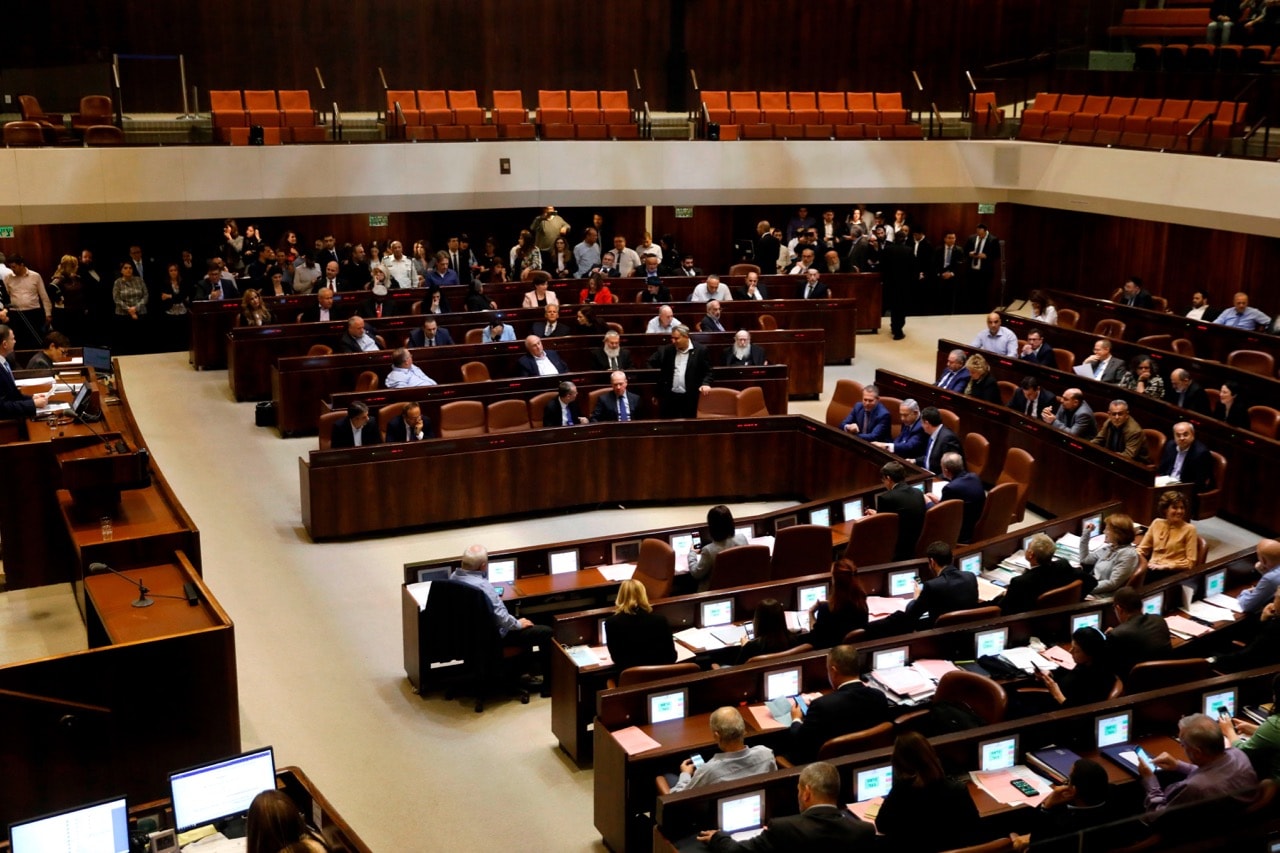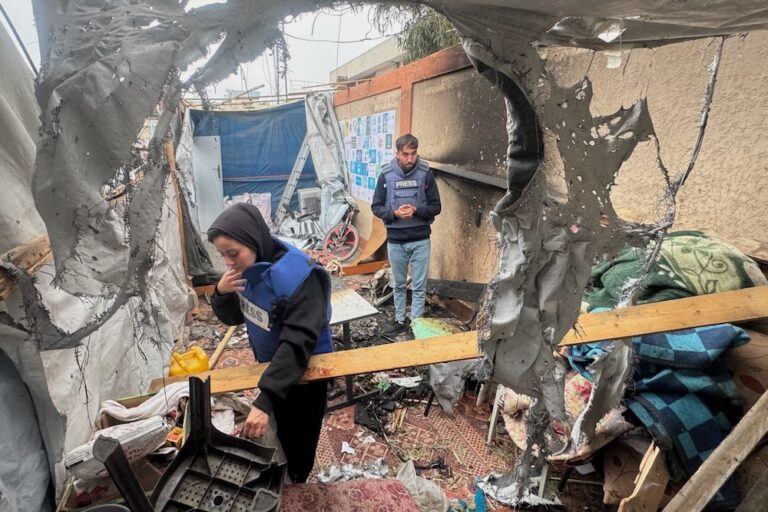The most hate and racism in 2018 was directed at Palestinian members of the Israeli Knesset and their political parties in Israel during the discussions and passing of the Nation-State Law, which gives rights to only Jewish citizens.
This statement was originally published on 7amleh.org on 11 March 2019.
In 2018, 474,250 inciting posts against Palestinians were written. Legislation about the Nation-State Law was the main engine of racism for hate speech via Facebook. Palestinian politicians and Palestinians Citizens of Israel are most vulnerable to incitement.
The results of the Index of Racism and Incitement in Israeli social media, released annually by 7amleh – The Arab Center for the Advancement of Social Media, shows a staggering rise in incitement and Israeli racism against Palestinians on social networks in the past year (2017 – 2018). The most hate and racism in 2018 was directed at Palestinian members of the Israeli Knesset and their political parties in Israel during the discussions and passing of the Nation-State Law, which gives rights to only Jewish citizens.
In general, the rate of racism and hate online has increased since 2017 and an inciting post was published every 66 seconds in 2018 (up from every 71 seconds in 2017). In total, there were 474,250 posts that call for violence, racial profiling and insults against Palestinians (compared to 445,000 in 2017) published past year. From all of the posts about “Arabs,” 1 out of 10 contain an insult or an invitation to violence against Palestinians (in 2017 it was 1 out of 9).
Half of the inciting posts published in social media networks used by Israelis during 2018 were related to politics, most of them directed against Palestinian members of the Israeli parliament and their political parties in connection to the Nation State Law. In May 2018, a few months before the law was passed, more than 115,000 posts including insults, racism and calls for violence against Palestinians were published on social networks. This shows how politicians influence the escalation and descalation of hatred.
Aside from politics, the year 2018 was also characterized by an increase in incitement against influential Palestinian Citizens of Israel in the Israeli media, such as the media figure Lucy Harish, who was attacked despite her general integration approach.
Facebook remains the main platform for violence and incitement (66%), with right-wing news pages supporting violent, racist activism online. There is also a high level of violent rhetoric via Twitter due to the political nature of the platform (16%), which doubled from last year (7%).
“The Israeli government bears responsibility for the continued and increasing incitement against Arabs and Palestinians on social networks,” said Nadeem Nashif, General Director of 7amleh Center concerning the results of the 2018 Index of Racism. “As Facebook is the main source of violence and incitement online, especially on right-wing Israeli news pages, we will continue to advocate for Facebook to review their policies and to prevent incitement, hatred and racism online.”




